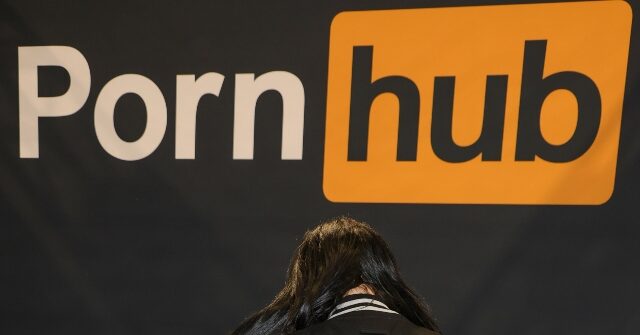Pornhub, the world’s leading adult content website, has announced it will block access to users in Florida starting January 1, 2025. This decision is a direct response to the state’s new age verification law, known as HB 3, which aims to protect children from accessing adult content online. As reported by Florida Politics, the shutdown is framed as a protest against the perceived inadequacies and potential dangers of the age verification requirements, which Pornhub’s parent company, Aylo, characterizes as ineffective and burdensome. The new legislation compels adult sites to collect large amounts of sensitive personal information from users, which Aylo claims endangers both user privacy and safety.
Lawmakers who championed the age verification bill, including Rep. Chase Tramont, criticized Pornhub’s move to restrict access rather than comply with the new law. Tramont’s assertion is that Pornhub shutting down operations in Florida implies that its audience primarily includes minors. This perspective raises larger questions about the responsibility of adult content platforms in safeguarding against underage access. Aylo, however, counters this narrative by asserting that their advocacy for age verification has been consistent, emphasizing that they support measures that genuinely protect children without compromising user privacy and safety.
Aylo further supports its position by highlighting negative outcomes from similar regulations in other states, specifically Louisiana. There, compliance with age verification laws reportedly caused a significant 80% drop in website traffic, leading users to migrate to less regulated and potentially unsafe sites. This migration exacerbates risks for both minors and adults, culminating in a less secure online environment. The company’s argument suggests that effectively regulating adult content requires a nuanced understanding of internet behavior, rather than blanket legislative mandates that could push users to more dangerous corners of the web.
To promote a more effective approach, Aylo advocates for device-level age verification solutions. This strategy would involve leveraging existing technology to ensure that access to adult content is more effectively managed through devices, such as smartphones. By implementing restrictions at the device level, Aylo believes it can create a safer online landscape for children while still maintaining adult access. The company expresses its readiness to collaborate with stakeholders including the government, civil society, and technology partners to develop these strategies further.
Despite these assertions, skepticism persists among some lawmakers regarding Pornhub’s motives and commitment to the state’s welfare. Rep. Fiona McFarland has raised concerns about the company’s willingness to prioritize the interests of Floridians. She argues that if a business cannot comply with local laws, it raises questions about its suitability to operate in the state. This sentiment underscores the ongoing tensions between legislative actions aimed at protecting minors and the business interests of adult content websites.
The discussions surrounding Pornhub’s decision and Florida’s HB 3 law epitomize larger societal debates about child protection, privacy, and the responsibilities of online platforms in mitigating risks associated with adult content. As stakeholders continue to grapple with these issues, the dynamics between regulation and free access on the internet will likely play a crucial role in shaping the future landscape of adult content and its accessibility to users across the country. The intersection of technology, policy, and ethics will necessitate ongoing dialogue among various parties to strike a balance that effectively safeguards children while respecting adult rights.

